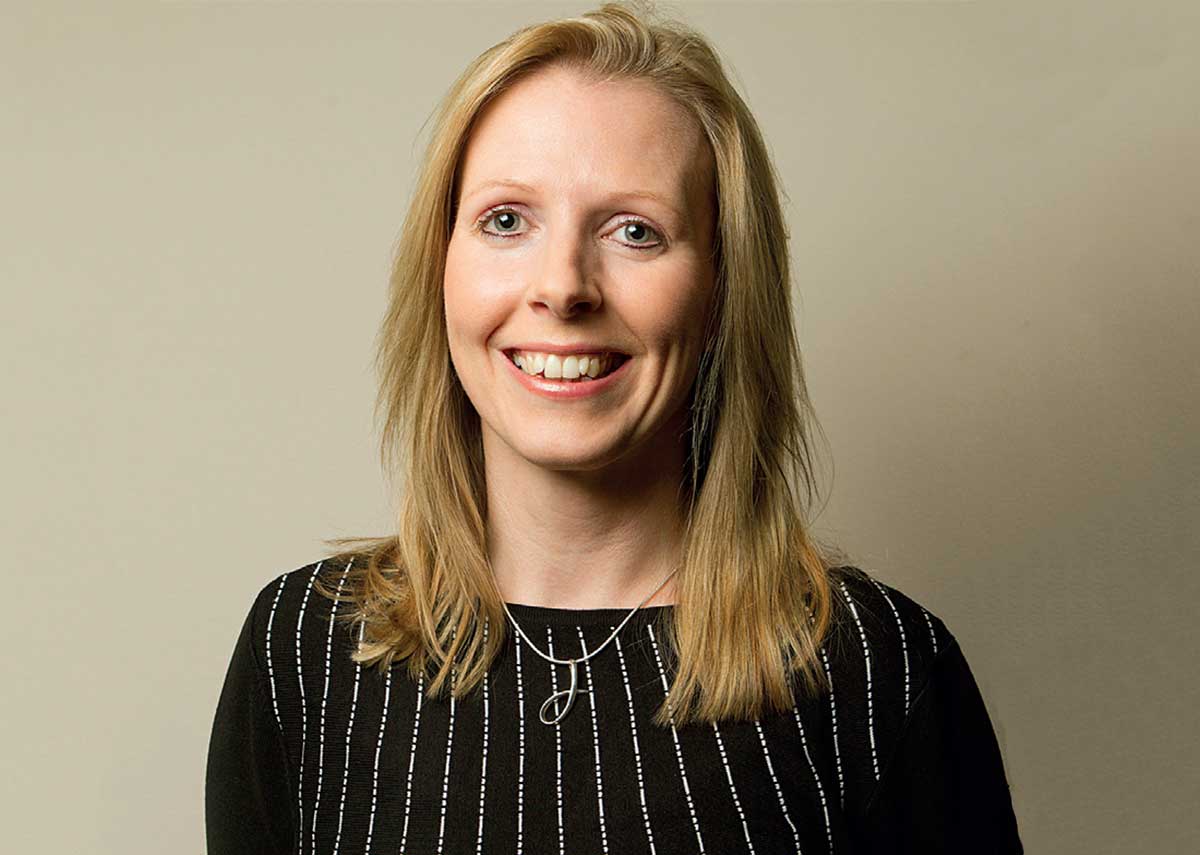It’s good to talk

“I’ve never told anyone this before” is a common phrase that Catherine Betley hears from people who have called the SAIFSupport line because they are at the end of their tether.
These personal and difficult disclosures sometimes come immediately, but often happen after a period of time when trust and confidence has been built up between the caller and Catherine and her colleagues.
But when their apprehension and fear gives way to understanding and trust then a real breakthrough can happen, opening a door to deep-seated worries and revealing the issues that are causing them distress.
Catherine, who has been managing the SAIFSupport service since it was launched in 2015, said: “It’s all about giving people the space to talk about what is happening to them and how they feel. Our job is to listen, to reassure the caller about how they are feeling and that there is support available for them, and then help identify and address what is causing the problem. It’s only then that we will start to suggest strategies that will help them move forward.”
SAIFSupport has been developed specifically for business owners and managers who are concerned about a staff member, as well as for employees who would like to speak to someone about issues that are causing them to struggle at work.
Catherine believes that we all need to be more proactive in looking after our mental health and be more aware of the issues that lead to stress. It’s important that we deal with difficulties before a problem escalates – and calling SAIFSupport is a good place to find a sympathetic ear and some useful advice.
The issue of mental health is gaining wider attention in the UK, particularly following Prince Harry’s admission that he sought counselling after two years of “total chaos” when he struggled to finally come to terms with his mother’s death.
A recent report by the Mental Health Foundation, called ‘Surviving or Thriving; the state of the UK’s mental health’, which was launched in May to coincide with Mental Health Awareness week, highlighted the fact that only a small minority of people in the UK are living with high levels of good mental health.
In its survey of more than 2,000 people, nearly two-thirds said that they have experienced a mental health problem. More than four out of 10 people surveyed said they had experienced depression and over a quarter said they had experienced panic attacks.
In conclusion, the Mental Heath Foundation’s report suggested that our collective mental health is deteriorating, linked to greater insecurities in life expectations for work, relationships and home.
This wide range of anxieties is also present in the lives of funeral directors and Catherine and her team have supported directors, managers and employees through many different issues.
She said: “When we launched SAIFSupport I thought we were going to be dealing with mainly work-related stress, but this only makes up around a third of the issues we cover. The majority of calls are about personal relationship breakdowns, health issues – particularly depression – and bereavement. It’s very hard to separate work and life stresses nowadays.”

Although a funeral director’s work is inextricably linked with the bereavement of their clients, it does not mean that they are immune to the effects of loss themselves, and bereavement issues make up a considerable number of calls to the service.
Catherine said: “It’s not uncommon to have a person call us to say they are struggling at work because of the death of a loved one and this stress is compounded by a job which entails supporting families who are distressed themselves. All the time they are trying to keep calm and carry on at work but are suffering enormously. This is why we describe SAIFSupport as ‘caring for the people who care’.”
In addition to offering individuals a sounding board for their issues, a valuable part of the SAIFSupport service is providing them with strategies and other sources of support to help them overcome the distress they feel, be that telephone or face-to-face counselling or other interventions available in their community.
But whatever the issue, all conversations with SAIFSupport are totally confidential, as Catherine confirmed: “We provide a confidential and non-judgmental service so nothing you say to us will get back to your employer – not even the fact that you have been in touch with us. It’s just between you and us.
“But remember, it’s not just about counselling, as we can offer all kinds of practical advice and information to help people, and there’s no limit to how many times people can contact us – it’s a totally free service.”
Tags: assistance, Catherine Betley, counselling, help, Mental Health Foundation, SAIFSupport, support